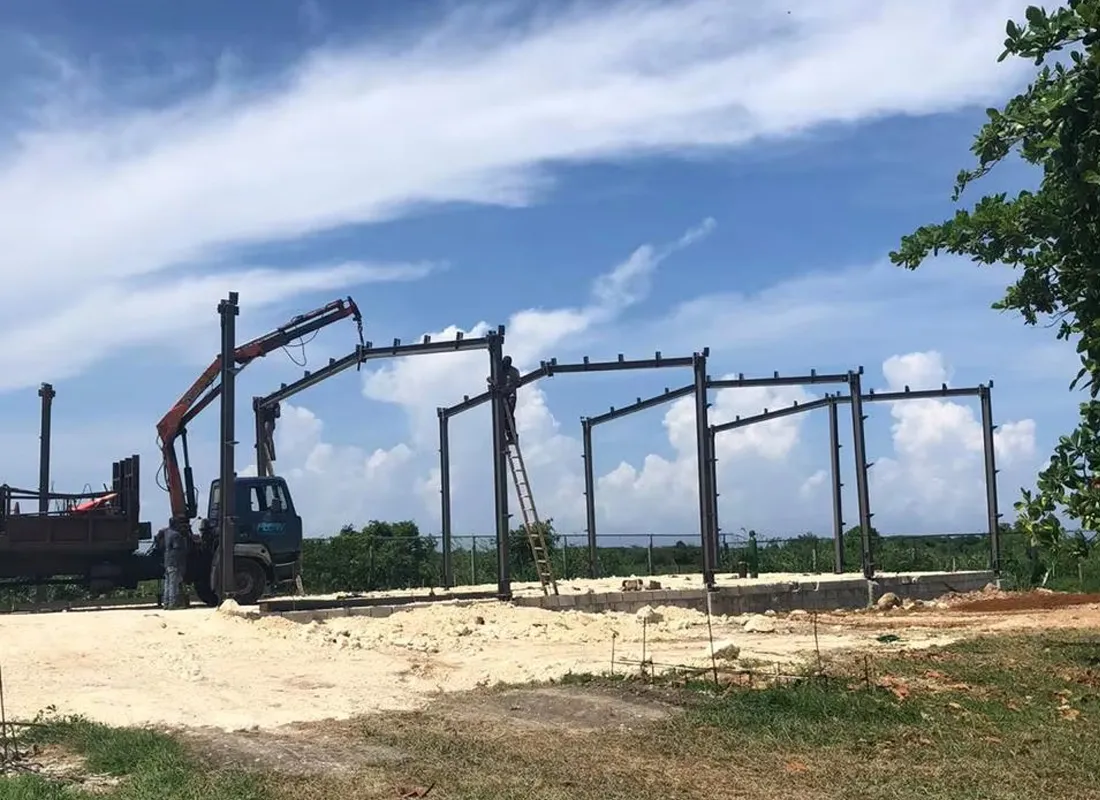- Afrikaans
- Albanian
- Amharic
- Arabic
- Armenian
- Azerbaijani
- Basque
- Belarusian
- Bengali
- Bosnian
- Bulgarian
- Catalan
- Cebuano
- Corsican
- Croatian
- Czech
- Danish
- Dutch
- English
- Esperanto
- Estonian
- Finnish
- French
- Frisian
- Galician
- Georgian
- German
- Greek
- Gujarati
- Haitian Creole
- hausa
- hawaiian
- Hebrew
- Hindi
- Miao
- Hungarian
- Icelandic
- igbo
- Indonesian
- irish
- Italian
- Japanese
- Javanese
- Kannada
- kazakh
- Khmer
- Rwandese
- Korean
- Kurdish
- Kyrgyz
- Lao
- Latin
- Latvian
- Lithuanian
- Luxembourgish
- Macedonian
- Malgashi
- Malay
- Malayalam
- Maltese
- Maori
- Marathi
- Mongolian
- Myanmar
- Nepali
- Norwegian
- Norwegian
- Occitan
- Pashto
- Persian
- Polish
- Portuguese
- Punjabi
- Romanian
- Russian
- Samoan
- Scottish Gaelic
- Serbian
- Sesotho
- Shona
- Sindhi
- Sinhala
- Slovak
- Slovenian
- Somali
- Spanish
- Sundanese
- Swahili
- Swedish
- Tagalog
- Tajik
- Tamil
- Tatar
- Telugu
- Thai
- Turkish
- Turkmen
- Ukrainian
- Urdu
- Uighur
- Uzbek
- Vietnamese
- Welsh
- Bantu
- Yiddish
- Yoruba
- Zulu
Oct . 30, 2024 17:24 Back to list
Warehouse Building Design Key Considerations for Efficient Operations
The design of a warehouse is crucial for optimizing storage, improving operational efficiency, and ensuring the safety of personnel and goods. As businesses increasingly rely on effective supply chain management, the importance of warehouse building design has gained significant attention. This article explores the key factors to consider when designing a warehouse.
1. Purpose and Functionality
Before embarking on the design process, it is essential to clearly define the purpose of the warehouse. Will it serve as a distribution center, a storage facility, or a manufacturing site? Understanding the primary function will guide decisions regarding layout, storage solutions, and equipment requirements. For instance, a distribution center may require a different layout than a warehouse focused on long-term storage.
2. Layout and Space Optimization
An efficient layout is integral to maximizing the use of space and facilitating smooth operations. The layout should consider the flow of goods from receiving to storage to shipping. Popular designs include the straight-line layout, U-shaped layout, and L-shaped layout, each catering to different operational needs. Optimizing vertical space with tall shelving units can also enhance storage capacity without increasing the building's footprint.
3. Shelving and Storage Solutions
Selecting the appropriate shelving and storage systems is vital for effective inventory management. Various options such as pallet racking, shelving systems, and automated storage solutions can be employed based on the types of goods being stored. For example, high-density storage solutions can increase capacity for items with lower turnover rates, while dynamic storage options can facilitate quicker access to fast-moving products.
warehouse building design

4. Technology Integration
Incorporating technology into warehouse design can significantly enhance efficiency. Automated systems, such as conveyor belts, robotic picking systems, and warehouse management software, streamline operations and reduce human error. These technologies can optimize inventory tracking, order fulfillment, and overall workflow, ultimately leading to cost savings and increased productivity.
5. Safety and Compliance
Safety is a paramount concern in warehouse design. Designing the space to comply with safety regulations and industry standards is essential to protect employees and inventory. This includes implementing wide aisles for easy movement of goods and personnel, installing sufficient lighting, and providing clear signage for hazardous materials. Proper training for staff regarding safety protocols and emergency procedures is equally important.
6. Sustainability Considerations
In today’s environmentally conscious world, sustainable design practices are increasingly important. Incorporating energy-efficient lighting, climate control systems, and sustainable building materials can reduce the warehouse's carbon footprint. Moreover, designing for natural ventilation and utilizing renewable energy sources, such as solar panels, can enhance sustainability while reducing operational costs.
Conclusion
The design of a warehouse is a multi-faceted process that requires careful consideration of functionality, space optimization, technology, safety, and sustainability. By focusing on these key factors, businesses can create warehouses that not only meet current operational needs but also adapt to future growth and technological advancements. As the logistics landscape continues to evolve, effective warehouse design will play a crucial role in driving efficiency and competitiveness in the supply chain.
-
How Do Prefabricated Steel Structures Transform Modern Construction?
NewsJul.14,2025
-
How Do Prefabricated Metal Buildings Redefine Modern Construction?
NewsJul.14,2025
-
How Do Prefab Insulated Metal Buildings and Steel Structures Revolutionize Modern Construction?
NewsJul.14,2025
-
How Do Pre - Engineered Steel Structures Redefine Modern Construction?
NewsJul.14,2025
-
Advancing Modular Construction with Prefabricated Metal Structures
NewsJul.14,2025
-
Advancing Industrial Infrastructure with Prefabricated Steel Solutions
NewsJul.14,2025
Products categories
Our Latest News
We have a professional design team and an excellent production and construction team.












